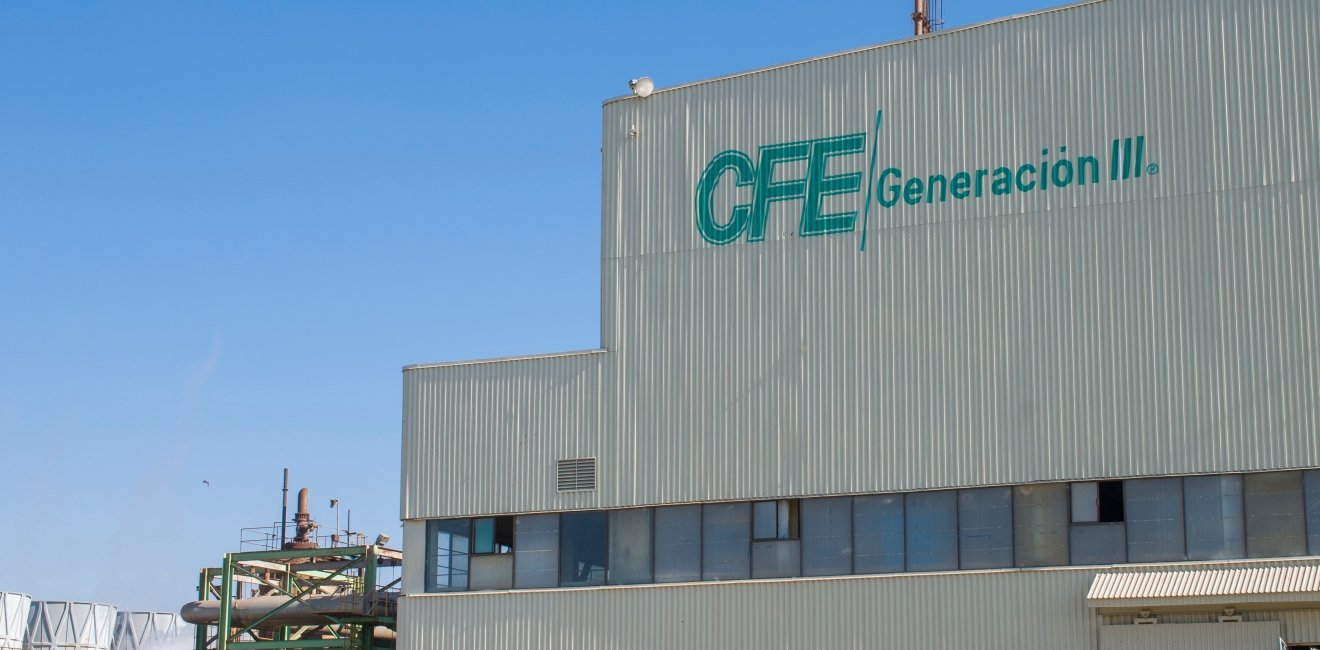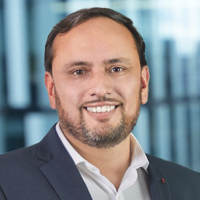
On June 2, 2024, Mexico held the most significant elections in its history. Nine governorships were elected, the complete federal Congress (both Lower and Upper Chambers) was renewed, and, more importantly, a new President for the tenure 2024-2030 was voted upon. Dr. Claudia Sheinbaum Pardo, a physicist with a PhD from Berkeley University, California, is thus the President-Elect of Mexico and will take office on October 1, 2024.
It is worth mentioning that Dr. Sheinbaum's political party, Morena, obtained a supermajority within the Mexican lower (Cámara de Diputados) and upper (Cámara de Senadores) houses. Under the Mexican Constitution, such majorities will suffice for constitutional changes and reforms to the legal framework.
Among the reform proposals presented by President López Obrador in February of this year, the elimination of independent bodies and institutions such as the Economic Competition Commission (COFECE), the Energy Regulatory Commission (CRE), and the Transparency Institute (INAI) is, particularly problematic. Finally, reforms to the judicial branch were approved on September 11, 2024, enacting significant constitutional changes. Legal, academic, business, and international communities have raised severe concerns.
Further constitutional reform proposals that would change the current energy-related legal framework and impact the sector have also been announced. Among the proposals, the Ministry of Energy (SENER) would take over the Mexican Energy Regulatory Commission (CRE) National Hydrocarbons Commission (CNH) faculties. This would leave the energy sector without independent regulatory bodies. Thus, the federal Executive Branch would concentrate all decisions (legal, technical, operative) under a monopolistic understanding of the sector.
The incoming Sheinbaum administration has announced some energy prospectus and visions. The expectation is that the implementation of energy projects might be different from the vision held by current President López Obrador (2018-2024), who (i) canceled all significant private investments within the energy sector, (ii) prioritized multibillion state investments in CFE and PEMEX; and, (iii) fostered power generation through thermal old facilities to take advantage of excesses production of pollutant fuel oil.
In summary, a sector boost is expected, including more opportunities for private companies; however, it remains to be seen whether the proposed constitutional reforms would allow such opportunities. Even more important, it is too soon to judge if the enacted Judicial Reform will deter future investments. Under international commitments, Mexico aims to cut its greenhouse gas emissions to 35% below a business-as-usual baseline by 2030, with the potential to reach 40% with international financial support. Sheinbaum’s proposals align with such goals and emphasize clean energy and gas-based solutions. Nevertheless, whether such goals are intended to be implemented under a collaborative mechanism with private investors remains to be seen.
While Claudia Sheinbaum’s energy proposals have commendable goals, they also face several challenges (mainly due to the Judicial Reform and other proposed constitutional reforms) and opportunities as well:
- Financial Investment: The proposed US$13.6 billion investment in renewable energy and gas plants is substantial. Ensuring efficient allocation and management of these funds will be crucial. With current president López Obrador leaving a national financial deficit, President-Elect Sheinbaum will face challenges in allocating national funds between social spending and state investments in energy. A change of vision is needed for efficient federal budget expenditures.
- Infrastructure Development: Modernizing hydroelectric plants and expanding wind and solar power generation require significant infrastructure development. Delays or cost overruns could hinder progress, meaning clear rules must be set. More importantly, investment in transmission infrastructure is now crucial, opening space for Public-Private Partnerships (PPP) collaborative schemes.
- Balancing Energy Sources: Sheinbaum aims to transition to cleaner energy while relying on gas and combined-cycle plants. Striking the right balance and managing the transition smoothly is complex, but at first sight, she is more pragmatic than President López Obrador, who canceled all investments in renewable and clean projects.
- Public Acceptance: Some communities may resist renewable energy projects due to land use, visual impact, or noise concerns. Building public support is essential, which was significantly damagedby López Obrador's ideology towards private energy projects. Collaboration under a common good approach is crucial in a new 'highly politicized' Mexican society. Dr. Sheinbaum should build such new bridges.
- Regulatory Framework: Implementing the proposal requires robust regulations and policies. President-ElectSheinbaum must carefully measure constitutional changes to achieve her announced goals and comply with international commitments.
- Public-Private Partnerships (PPPs): Sheinbaum intends to collaborate with private companies to fund and develop energy projects. PPPs can leverage private capital while ensuring public oversight. The legal framework for successfully implementing PPP schemes in Mexico's energy environment is robust and precise.
- Attracting Investment: President-Elect Sheinbaum hopes to attract domestic and international investors by creating a favorable investment climate. This includes offering incentives, streamlining regulations, and providing long-term stability. Again, the depth and extension of reforms shall be carefully and pragmatically negotiated with an internal 'hard left' wing within her political party.
- Efficiency Measures: Sheinbaum plans to improve energy efficiency across sectors. Reducing waste and optimizing energy use can lead to cost savings. This opens opportunities to companies within the energy sector's supply and value chain, including tremendous opportunities for circular economy services.
- Financial Transparency: Ensuring transparency in project financing and budget allocation is critical. Sheinbaum’s administration must be accountable and clearly communicate financial decisions to attract investments and make projects bankable. Also, as already explained, the financial stress left by President López Obrador is a rationale that President-Elect Sheinbaum should be aware of in her decisions.
- International Funding: Sheinbaum may seek international funding or grants for Mexico's renewable, clean energy transition and general energy projects. Collaborating with organizations like the World Bank (WB) or regional development banks could provide additional resources. Fostering fair competition, environmental protection, and grid integration will be challenging.
President-Elect Sheinbaum's anticipated approach to Mexico's energy sector is expected to be more collaborative and pragmatic. This shift is influenced by mic solid international credentials and federal budget constraints, which will offer less flexibility than López Obrador's vision for the energy sector and the financial surplus seen in 2018.
Changes to the Mexican Constitution and, thus, the legal framework in Mexico, including the energy sector, remain to be seen. Concerns about the recently approved Judicial Reform persist, particularly regarding its impact on the attractiveness of new national and foreign investments in the energy sector. The implications of this reform remain uncertain. However, decisions are being made more on pragmatic grounds rather than ideological ones. In that scenario, foreign companies could collaborate with Mexican state-owned entities, with the Federal Electricity Commission (CFE) and Pemex maintaining leadership and a majority stake in the energy market. Current collaboration frameworks exist within Mexican law, provided they remain unchanged under the Morena party's control of Congress.
Author

Explore More
Browse Insights & Analysis
Combatting Cybercrime: Defending America's Security and Financial Future

Video: On the Border of War
